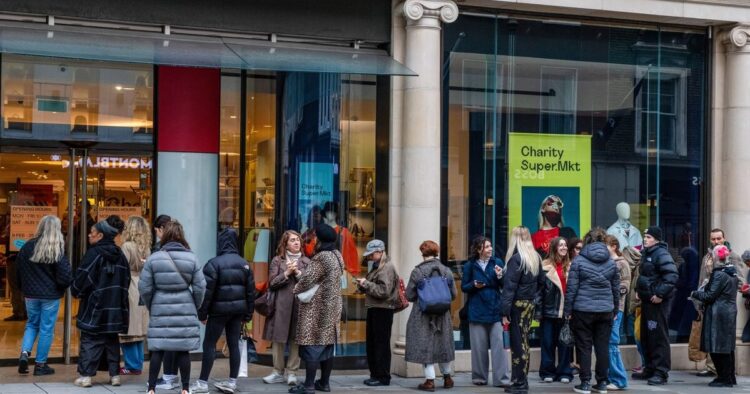British retail sales saw a big jump in January, marking the largest increase in nearly three years. This surge suggests that people are now more willing to spend money after a tough time for the economy in the latter part of 2023.
Data from the Office for National Statistics (ONS) shows that sales volumes went up by 3.4 per cent compared to December. This is way higher than what economists expected, showing a strong comeback after a decline in December, partly due to Black Friday sales in November.
The increase in January is the biggest since April 2021. It’s even the most significant surge since 1996, excluding the pandemic period. This is according to the ONS, which has been collecting retail data since then.
Expert Views on the Numbers
Economists like Joe Maher from Capital Economics see this as a positive sign. Maher says that the impact of higher interest rates on spending seems to be fading, hinting that the economy might soon recover from the recession.
The recession hit in late 2023 because the Bank of England raised interest rates to control inflation. But now, with inflation expected to go down and wages likely to rise, the economy is predicted to grow slightly in 2024.
Upcoming Plans and Challenges
Finance Minister Jeremy Hunt is expected to announce tax cuts on March 6, which could help the Conservative Party in the upcoming 2024 election. This adds to the optimism for the economy.
However, there are still challenges ahead. Even with January’s surge, overall sales are still 1.3 per cent lower than before the pandemic. Also, while food sales went up, clothing sales dropped in January, which is the only category to do so.
Lisa Hooker, from PwC, says that despite the good signs for the economy, people are still cautious about spending money.
Overall Outlook
Despite the challenges, these recent numbers show that the British economy is on the path to recovery. The Bank of England predicts a modest growth of 0.25 per cent for 2024. Governor Andrew Bailey mentioned signs of an upturn, indicating a positive direction for the future.

















Comments